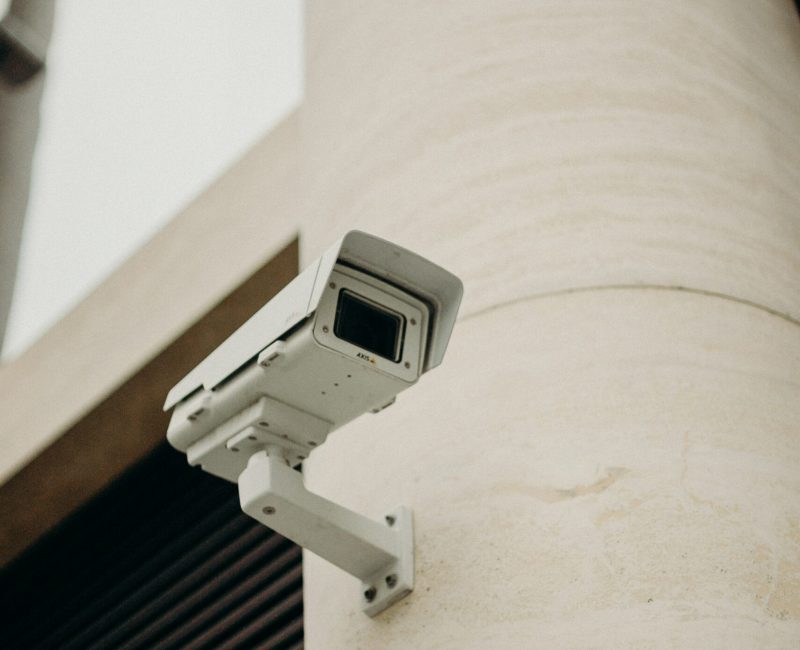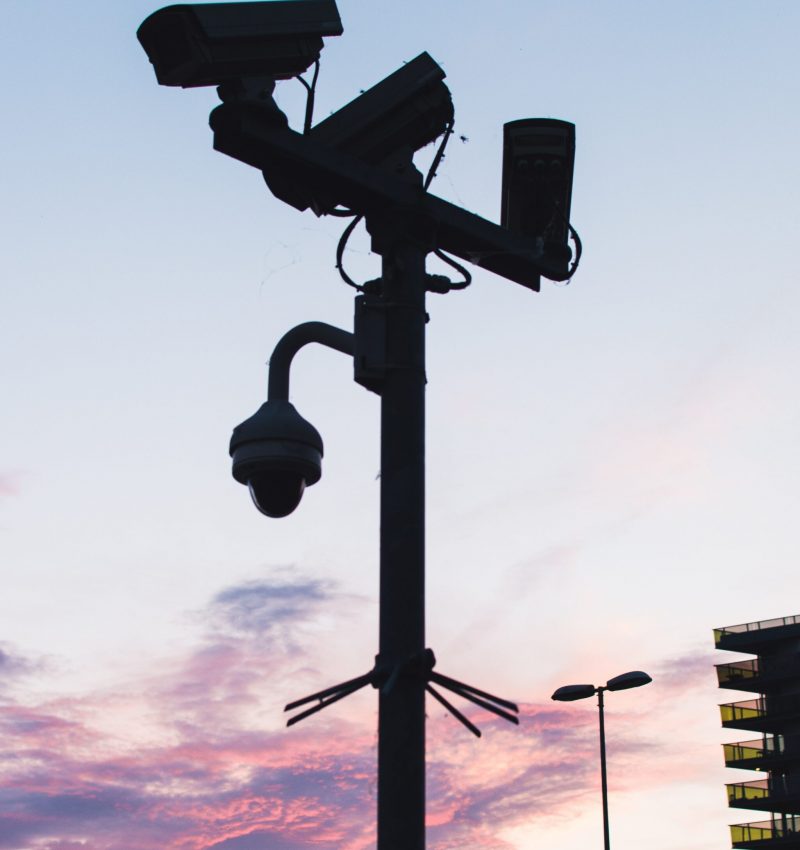The Legal Implications of CCTV Surveillance: What You Need to Know
What does South African law have to say regarding the use of cameras in the workplace? General Bheki Cele, Minister of Police, noticed an increase in property crimes in his remarks at the Pretoria event marking the release of the Quarter Four Crime Statistics 2021/2022 on June 3, 2022.
Not surprisingly, installing CCTV or video surveillance and dashboard cameras (“Dashcams”) has become a top priority for many home and car owners.
The usage of closed-circuit television cameras and the data they record is not explicitly governed by any statute at present. The Constitution of the Republic of South Africa, 1996 (“the Constitution”), the Regulation of Interception of Communications and Provision of Communication-Related Information Act of 2002 (“RICA”), and the Protection of Personal Information Act 4 of 2013 (“POPI”), which was enacted to give effect to the constitutional right of privacy contemplated in section 14 of the Constitution, are the primary pieces of prevailing governing legislation that indirectly govern video surveillance. In this article, we discuss the legal implications of CCTV surveillance.

What are the legal Implications of CCTV Surveillance
The POPIA Act
On July 1, 2020, the Protection of Personal Information Act (POPIA) became legislation after being passed into law in 2013. South Africa’s POPIA governs how individuals’ data can be collected, stored, and used. Information gathered from workplace surveillance cameras falls under this umbrella.
To comply with POPIA, businesses need employees’ permission before installing surveillance cameras. Employees must be made aware of the cameras’ intended use and the specifics of the surveillance being conducted. The employer is responsible for making sure any monitoring is done in a lawful, reasonable, and essential manner.
The law also mandates that employers give workers access to the video recorded by the cameras. This means that workers have the right to inspect any film taken of them and to have any false information about them corrected.
The use of cameras in the workplace is governed by more than just POPIA, though. For instance, the Basic Conditions of Employment Act (BCEA) mandates that businesses ensure their employees’ health and safety on the job. Theft, violence, and other security threats can all be avoided if precautions are taken in the workplace. The use of cameras to increase safety and reduce the likelihood of misconduct is acceptable, but only if the employer takes precautions to protect the privacy and safety of its workers.
The Constitution
The right to privacy is guaranteed by the Constitution of South Africa, which was established in 1996. Before installing a control room with CCTV security cameras, you must ensure you are in compliance with the provisions of the Privacy Act. Employees must be informed, both verbally and by posted signage, that they will be observed by CCTV in accordance with the Privacy Act.
Industry Specific Legislation
Certain sectors have strict regulations regarding the use of cameras. Cameras are used to monitor safety and stop accidents in the mining industry, for instance. Specific restrictions for the use of cameras in the mining industry are outlined in the Mine Health and Safety Act (MHSA), such as obtaining employee agreement and using the cameras for a lawful purpose.
At Home
In this case, the legality of using surveillance footage for security purposes depends on whether or not the people who are being recorded have a “reasonable expectation of privacy” in the area being monitored, as well as whether or not the camera serves a valid purpose.
Freestanding homeowners may install CCTV systems without first obtaining necessary approval. If your cameras are strategically placed, you can keep tabs on the comings and goings of people at key locations like gates and walls. But you could be breaking someone else’s right to privacy if you watch them outside of your property or if you watch them when they can’t do you any harm (like when they’re using the bathroom).
Residents in sectional title schemes may also be required, per the Sectional Titles Schemes Management Act of 2011, to obtain authorisation before installing CCTV cameras, as doing so may violate the privacy rights of other residents and visitors. The body corporate owns and controls the common areas, thus getting permission to install cameras there is also necessary.
Also, it is against the law to place cameras in areas where consumers and staff expect privacy, such as locker rooms. This footage, along with any material taken secretly, cannot be used as evidence in a court of law.

In the absence of legislation to the contrary, you are protected under South African common law from your neighbour’s CCTV cameras if and only if:
- The motivation for the surveillance is criminal or a voyeuristic activity.
- The monitored space is one in which the occupant has a legitimate expectation of privacy, such as a bedroom or bathroom.
- The level of surveillance is so intrusive that it constitutes a nuisance and prevents the occupant from using their property as intended.
- If the cameras were installed because of a dispute between neighbours that involved threats of violence, a restraining order against imminent danger could require their removal.
Always remember these points when putting in CCTV cameras:
- Tell your neighbours.
- Only monitor your own property.
- Do not point cameras at your neighbours.
- A sign warns passersby that they are being watched if the cameras face the street.
- They don’t monitor private places.
- Your property’s security is the only reason you keep this data.
- Delete recorded footage on a regular basis and don’t store it for any longer than is strictly necessary for security purposes.
- Keep whatever data your system collects that pertains to an incident, since it may be useful to law enforcement in their investigation.
To find out more about the best printers for sale in South Africa, or our affordable copier rentals, get in touch with a consultant today. We also offer SME financing options too.
